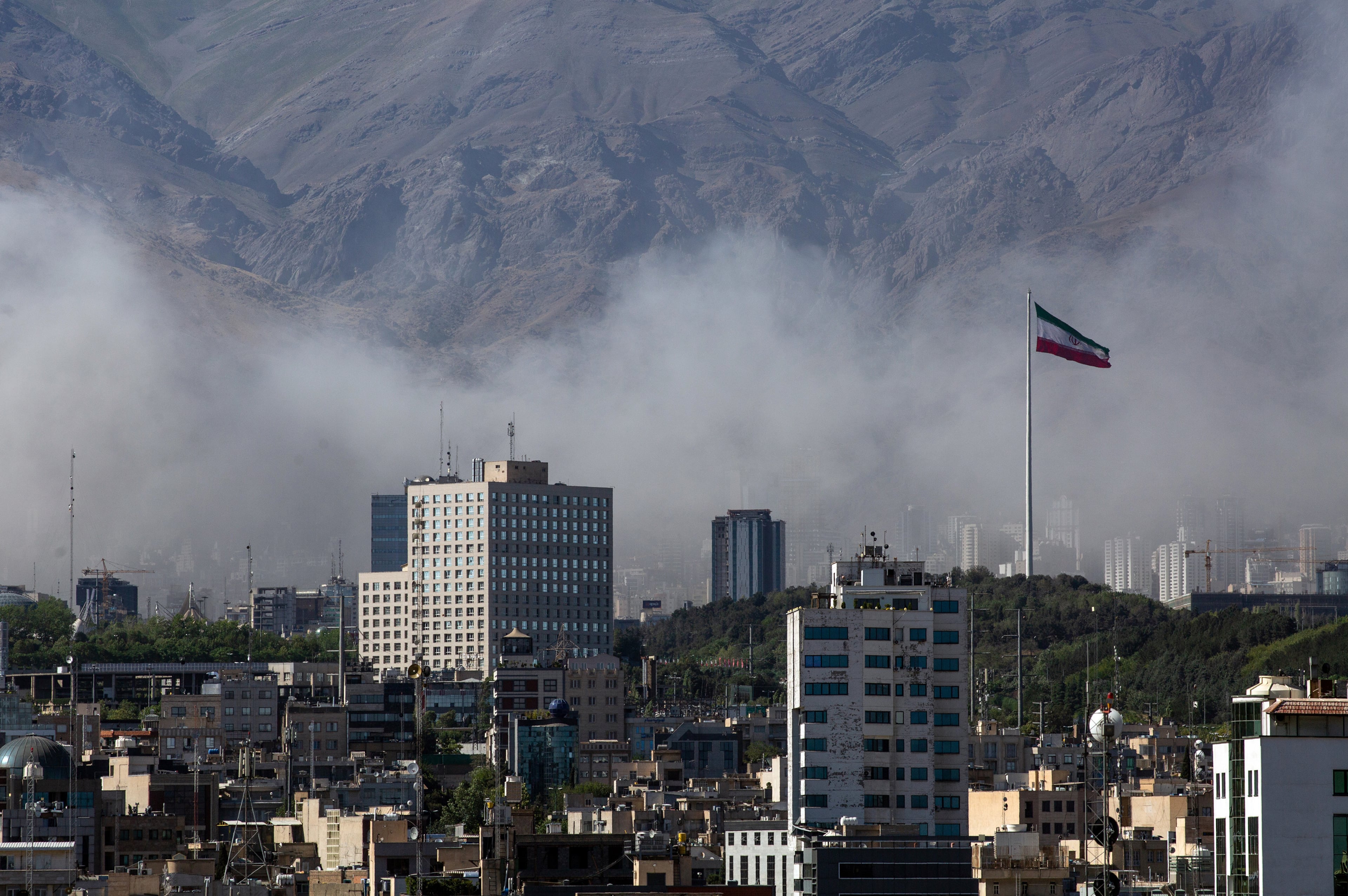Vaccine efforts in refugee haven of Clarkston outpace neighboring communities, study finds

Metro Atlanta’s most refugee-heavy community is reporting higher vaccination rates than other similarly disadvantaged communities in the area.
That’s the takeaway from a new data analysis conducted by epidemiologists at Georgia State University, who compared inoculation rates in Clarkston — one of the largest refugee resettlement communities in the country — with those of other DeKalb County neighborhoods with elevated levels of community stress, as measured by the CDC’s Social Vulnerability Index (SVI). SVI determines social vulnerability using data from the U.S. Census.
Census tracts with higher SVIs on a scale from 0 to 1 tend to be stressed with low household income, crowded housing, limited transportation and low literacy and language ability. Clarkston’s score of 0.92 indicates significant vulnerability. But with a fully vaccinated rate of almost 42%, Clarkston is moving ahead of similarly stressed neighborhoods in DeKalb. As reported by GSU, the town’s first-dose vaccination rate is 15% higher than that of nearby communities with comparable SVIs. Its fully vaccinated rate is 13% higher.
Back in June, Georgia State University’s Prevention Research Center received a $500,000 grant from the CDC to recruit and train a diverse team of “community navigators,” with the aim of boosting vaccine uptake in Clarkston.
Dr. Michael Eriksen, Regents’ Professor in Georgia State’s School of Public Health, explained that the analysis of current vaccination rates was conducted so that his team could measure their impact when the CDC-funded project ends in May 2022.
The team’s goal is to increase vaccination rates by 50% by then, and they want to take advantage of the early momentum. “Rather than be scolding in our messaging and say, you know, ‘You need to do better and get vaccinated,’ we want to say, ‘You’re doing well and let’s build on that success.’”
Why Clarkston is moving ahead
According to Eriksen, Clarkston’s higher-than-expected inoculation numbers are the result of targeted, culturally competent vaccine outreach by trusted institutions on the ground, ranging from refugee resettlement agencies to local health clinics. One such institution, the International Rescue Committee, held its first mobile vaccination site in January. In cooperation with the Community Organized Relief Effort and the DeKalb County Board of Health, the IRC has helped administer over 7,000 doses since then. At the helm of the IRC’s COVID response is Dr. Omar Aziz, from Iraq, who leads a team of 20 associates, all from immigrant backgrounds.

There’s an infrastructure in place, Eriksen noted, “to have your questions answered” and to “make the choice of getting the vaccine the easy choice.”
Another potential factor at play is what Eriksen dubbed “the nature of refugees.”
Members of the “refugee community have had a difficult road, but they are really committed to taking advantage of what the U.S. has to offer,” including vaccines.
Still, Clarkston’s fully vaccinated rate of 42% lags behind that of DeKalb County as a whole (47%), according to the Georgia Department of Public Health’s vaccine distribution dashboard. It is nearly on par with the state’s fully vaccinated rate as of 43% as of Aug. 26.
Due to the highly transmissible delta variant, COVID cases are surging so rapidly among the unvaccinated that Georgia hospitals are bracing for a flood of patients that could exceed the January peak, the worst of the pandemic.
“There’s incredible work that still needs to be done to get vaccination rates up to the levels they need to be in light of the delta variant,” Eriksen said. “Particularly in vulnerable communities.”
This story has been updated to include the correct partner organization helping provide COVID-19 vaccinations for the Clarkston community.
Lautaro Grinspan is a Report for America corps member covering metro Atlanta’s immigrant communities.



